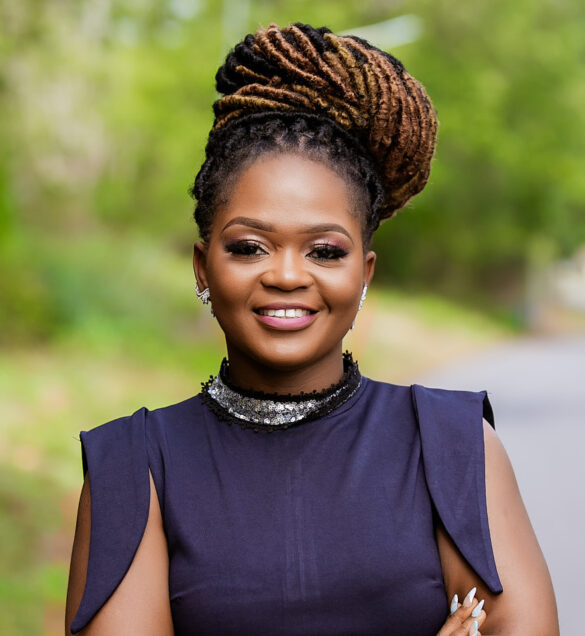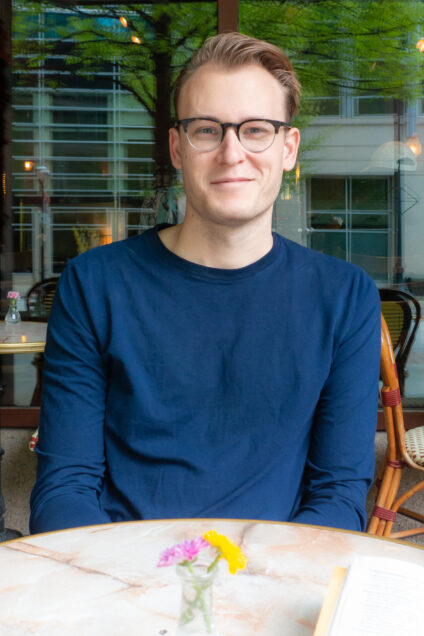Letter from the Director: August 2024
The Next Frontier: A Deep Dive into Biometrics with Lab Manager, Amanda King
By: Michelle Amazeen

As part of our mission, the Communication Research Center offers state-of-the art technology to facilitate our fellows’ ability to advance theory and methods in addressing society’s communication-related challenges. One of our unique resources is a suite of biometric technologies that allow for the measurement of psychophysiological responses – be it eye movements, facial expressions, galvanic skin response, heart rates, or brain waves. All of this data is conveniently captured within our iMotions software, which runs all the applicable R formulas behind the scenes, allowing you to instantly visualize your biometric data.
This summer, CRC Lab and Research Manager, Amanda King, attended a seminar provided by iMotions to earn their certification in Human Behavior Research with a focus on biosensor modules.
I’ve asked Amanda to share their thoughts on biometric research and some of what they learned during their certification process.
Michelle: How would you explain biometric research to someone who has never heard of it?”
Amanda: I love this question because whenever I sit down to teach a workshop and ask the students if they have any idea what it is, all I get are blank stares and uncomfortable smiles. I’ve found the easiest way to explain it is “measuring the emotional experience of consuming media content.” It’s a bit reductive, but helps folks understand. I try not to inundate students with overly technical terminology, because, at the end of the day, I’m trying to pique their interest and give them the opportunity to dip their toes into the world of biometric research.
Michelle: What type of training did you receive this summer?
Amanda: I was fortunate enough to be able to attend a weeklong certification program, at the iMotions lab in Boston. This specific course, there are more advanced courses I hope to attend some day, was designed to build upon the attendee's basic understanding of human behavior research and how biometric sensors can be integrated into this kind of research. Practitioners from all research areas attended, from marketing and medical to communication and psychology. The first half of the week was to give a high-level overview of the sensors available to us and the latter half was to incorporate these into a study of our design.
Michelle: What were the highlights of your training?
Amanda: As a bit of a tech nerd, I loved being able to spend time with the multitude of biometric sensors that were at our disposal during the academy. Getting to see the EEG headset – NeuroElectrics Enobio 8 – measure brain waves in real time was inspiring.
Honestly, being able to mingle and get to know incredible folks with equally incredible minds was an honor. I was the only local attendee, so getting to hear everyone’s story and what brought them to the academy was a true highlight.
Being able to run a full study, with such a wide-breadth of tools available, was very satisfying. When you’re using top of the line modules, the quality of data you collect makes every peak and dip in the recording meaningful; there’s very little ‘noise’.
Michelle: What are some of the ways communication researchers could incorporate biometrics into their research?
Amanda: I’m going to get the cliché out of the way and say that the only limits are the depths of your imagination and IRB approval, of course. On a more serious note, biometrics can be applied to nearly every aspect of communication research.
EEG headsets can allow researchers to measure the brain waves associated with approach and avoidance behaviors to better understand consumers’ attitudes towards certain brands, and what response their brand elicits. Without getting into the weeds, this is measured by the difference in alpha power (a specific range of brain wave frequency) between the frontal left and right hemispheres of the brain.An eye-tracker could be used in emerging media research to measure specific design choices within video game development by measuring the length of time between object appearance and user fixation. For instance, if a ledge is painted yellow, what’s the length of time between when the ledge appears on the screen and when the user's gaze lands on the ledge. This kind of research allows game-developers to make games more accessible for a wider audience, especially those with visual impairments.
A GSR sensor, which measures the changes in sweat gland activity on the skin, can give insight into the state of a subject’s arousal – whether they’re relaxed or alert. GSR sensors can be used in UX & UI design, user experience and user interface respectively, to give clients an idea of what aspects of their site design needs improvement or alteration.
These are just a few examples! However, I’d like to note that biometric devices are best used in conjunction with one another. They are complementary and a single device may not be able to give you a comprehensive picture.
Michelle: Are there any articles you’ve discovered that provide a good example of how biometrics have been used for communication research [or more broadly]?
Amanda: Yes! I have a couple I would love to share with you.
As a self-proclaimed ‘scream queen’, I love all things horror and this study has nested inside my brain for well over a decade. Using a heart-rate monitor, researchers were able to determine the scariest movie of all time. With pulses jumping by 28.21% beats per minute, the ‘Here’s Johnny’ scene of Stanley Kubrick’s The Shining was determined to be the most horrifying scene of all. Science can be fun!While this is a short read, it makes a very concise and compelling case for good advertising design, which is something I have been unable to stop considering since I finished my bachelor’s in Advertising, all those years ago (thanks, Colby). In a study of 106 people, they were shown two advertisements: one with a baby looking at the participant and one with a baby looking at the text within the ad. Using eye-tracking heat maps, they determined that participants looked at the text more rapidly when the baby was gazing at it. Humans are designed to seek out faces and look to where their gaze is. Quantifying our most basic instincts is something that drew me to research in the first place.
Lastly, a study I learned about during my time at the iMotions Academy, was the use of a specific EEG measurement –neural synchrony – to predict the popularity of a given song. Neural synchrony is, essentially, how well the brain activity of different people aligns when they experience something together. The more synchronized the brain waves are between a group of people, the more likely they are to act similarly; it’s one of the underlying mechanisms for group cooperation and the spread of social phenomena.
30 participants were asked to rate their musical preferences and were then given two samples from a R&B album and a pop album. Even though most of the participants were self-proclaimed pop fans, the R&B album performed better among participants and, coincidentally, performed better in sales, when released on the market. They found that the greater the neural synchrony between subjects, while listening to an audio clip in a “neural focus group” predicted the amount of ‘streams’ on Spotify, and did so better than subjects’ self-reports of music-genre proclivity. Their engagement was also measured using EEG, which closely corresponds with recall, which can lead to an increased frequency of streams.
A lengthy, but worthwhile read.
Michelle: Have any CRC fellows published any research studies that incorporated biometric technologies?
Amanda: As a matter of fact, Dr. Denis Wu recently published a study incorporating several of the CRC’s technological offerings: (FEA) facial expression analysis and eye-tracking. The study is “Enjoyment and Appreciation of Political Advertisements: How voters’ Issue Involvement and Congruence with the Sponsor Influence Their Responses and Decisions”. Using FEA to capture facial expressions and eye-tracking to measure how long each participant spent looking at stimuli, Dr. Wu was able to positively associate voting decisions with elicited reactions.
Michelle: How can you help fellows and COM faculty practitioners who might be interested in learning more about biometrics?
Amanda: I’m glad you asked! I am happy to provide both demonstrations of our devices and more in-depth workshops for each individual device, for both individuals and in classroom settings. I will, with our new updated technology arriving for the Fall ‘24 semester (don’t get me started, I could wax-poetic for hours), be reworking my current workshop structure. Please feel free to reach out to me if you’re interested; I’m always at the front desk in the basement of 704 or can be contacted at ajk90@bu.edu.
We’ll be offering more opportunities to learn about biometrics this fall with a colloquium presentation from CRC fellow Dr. Denis Wu in September. Moreover, our fall 2024 Dr. Melvin L. DeFleur Lecturer will be Dr. Bart Wojdynski from the University of Georgia, Athens whose expertise includes psychophysiological effects of communication technologies.

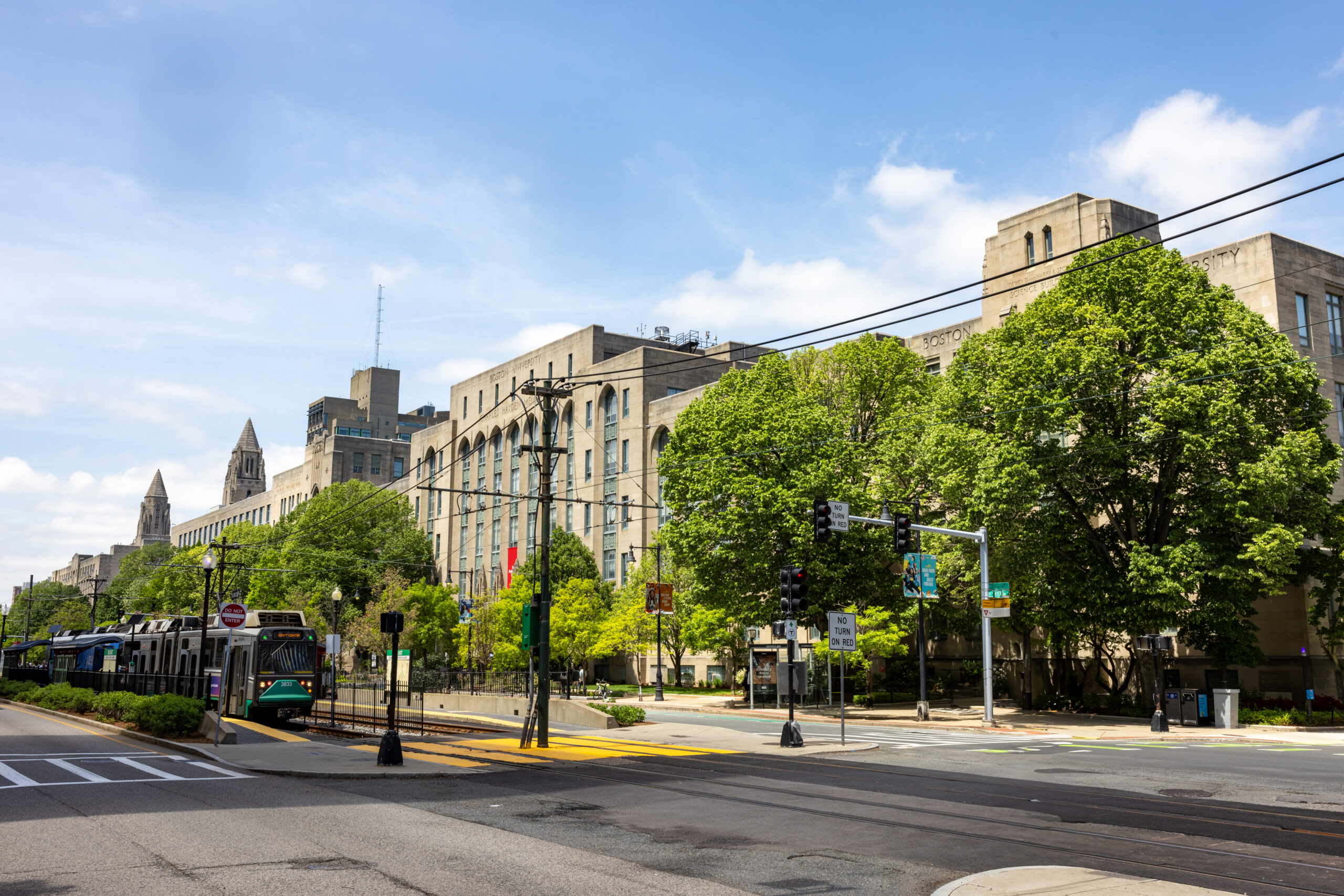
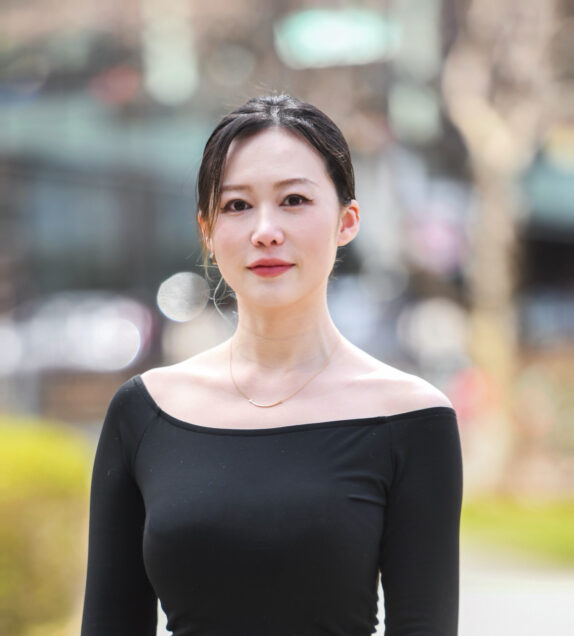
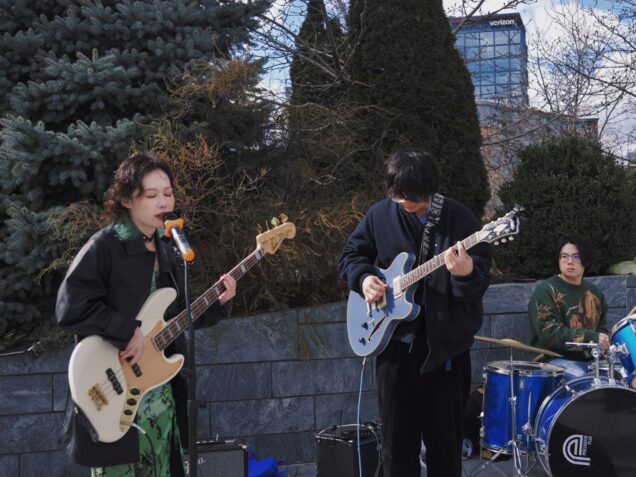
 biological response. Types of physiological measurement can include tracking eye movements, reading facial expressions, and gauging skin conductance- a measure that focuses on the microscopic sweat-level of the skin, noting a participant’s level of emotional response to a particular piece of media. This type of measurement can give researchers participants’ emotional and cognitive responses without social desirability or recall biases. But, like any other form of measurement, using biometric and physiological data are not without their own set of limitations. A physiological response can be caused by a variety of factors besides the chosen stimulus in a study, and may not even be a conscious act of the participant. A participant’s facial expression may change for no reason, and a sudden rise in skin conductance may be due to room temperature, or another external factor.
biological response. Types of physiological measurement can include tracking eye movements, reading facial expressions, and gauging skin conductance- a measure that focuses on the microscopic sweat-level of the skin, noting a participant’s level of emotional response to a particular piece of media. This type of measurement can give researchers participants’ emotional and cognitive responses without social desirability or recall biases. But, like any other form of measurement, using biometric and physiological data are not without their own set of limitations. A physiological response can be caused by a variety of factors besides the chosen stimulus in a study, and may not even be a conscious act of the participant. A participant’s facial expression may change for no reason, and a sudden rise in skin conductance may be due to room temperature, or another external factor.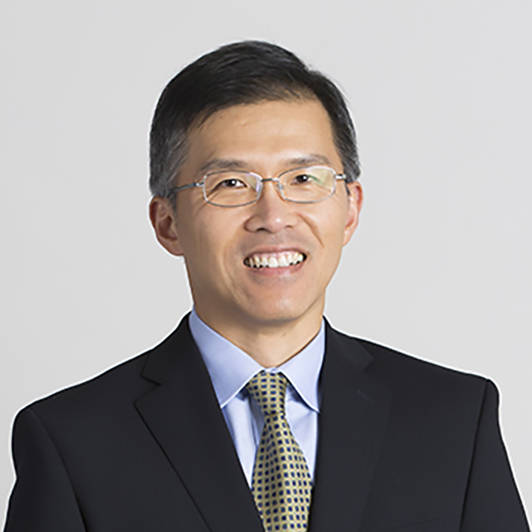 In his article, Dr. Wu combined surveys with facial analysis and eye-tracking data to analyze participant’s emotional and cognitive reaction to US political commercials during the 2016 election cycle. By using the CRC’s eye-tracking device and iMotions biometric software, Dr. Wu was able to identify participant’s facial expressions and attention levels to political advertisements through analyzing their eye movement activity. The study found that attention to the political advertisements influenced by the level of the ad aligning to the participant's preferred political party. Dr. Wu also found that participants' facial expressions were less negative than predicted, but were never “elated”.
In his article, Dr. Wu combined surveys with facial analysis and eye-tracking data to analyze participant’s emotional and cognitive reaction to US political commercials during the 2016 election cycle. By using the CRC’s eye-tracking device and iMotions biometric software, Dr. Wu was able to identify participant’s facial expressions and attention levels to political advertisements through analyzing their eye movement activity. The study found that attention to the political advertisements influenced by the level of the ad aligning to the participant's preferred political party. Dr. Wu also found that participants' facial expressions were less negative than predicted, but were never “elated”.
